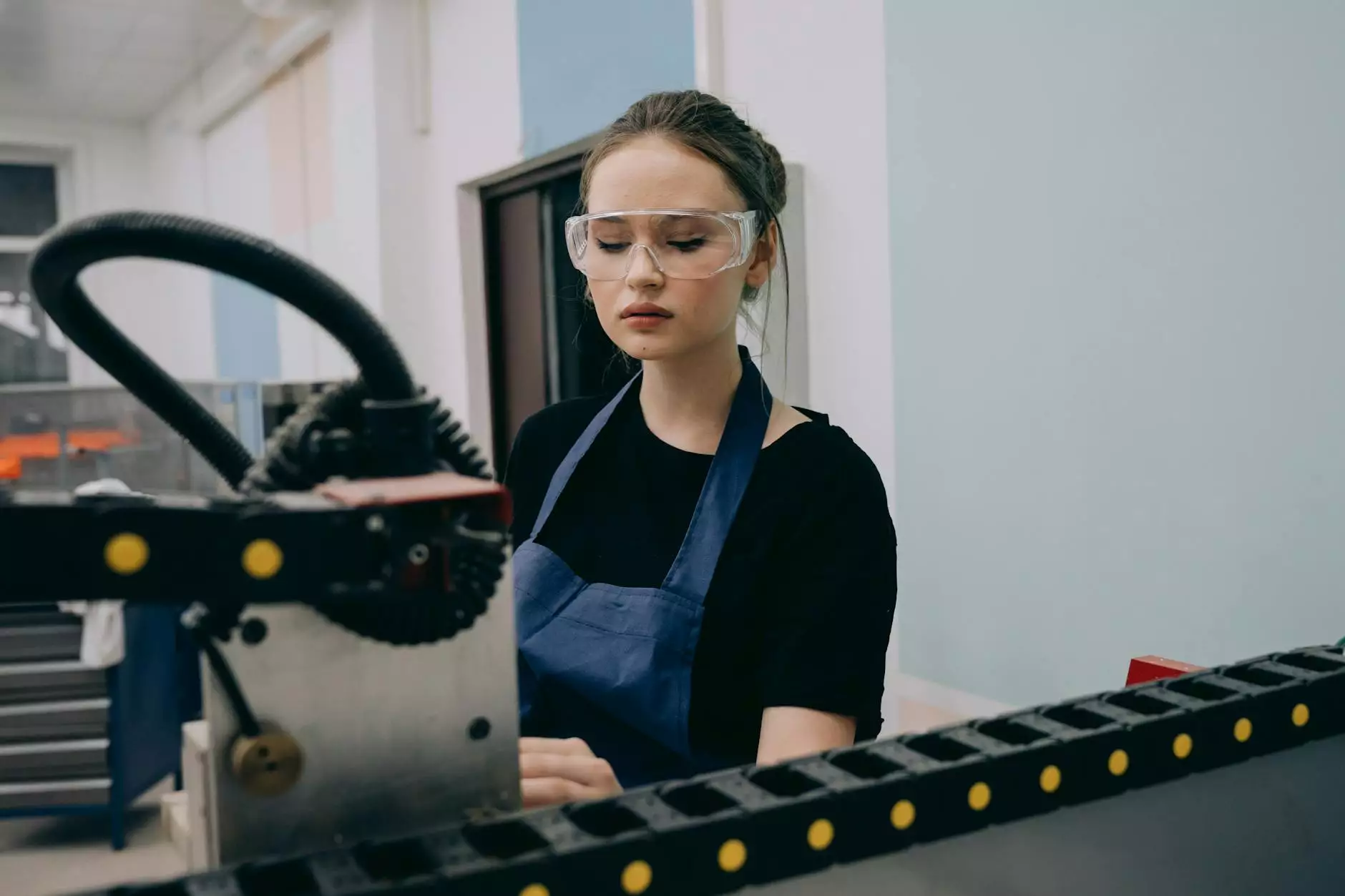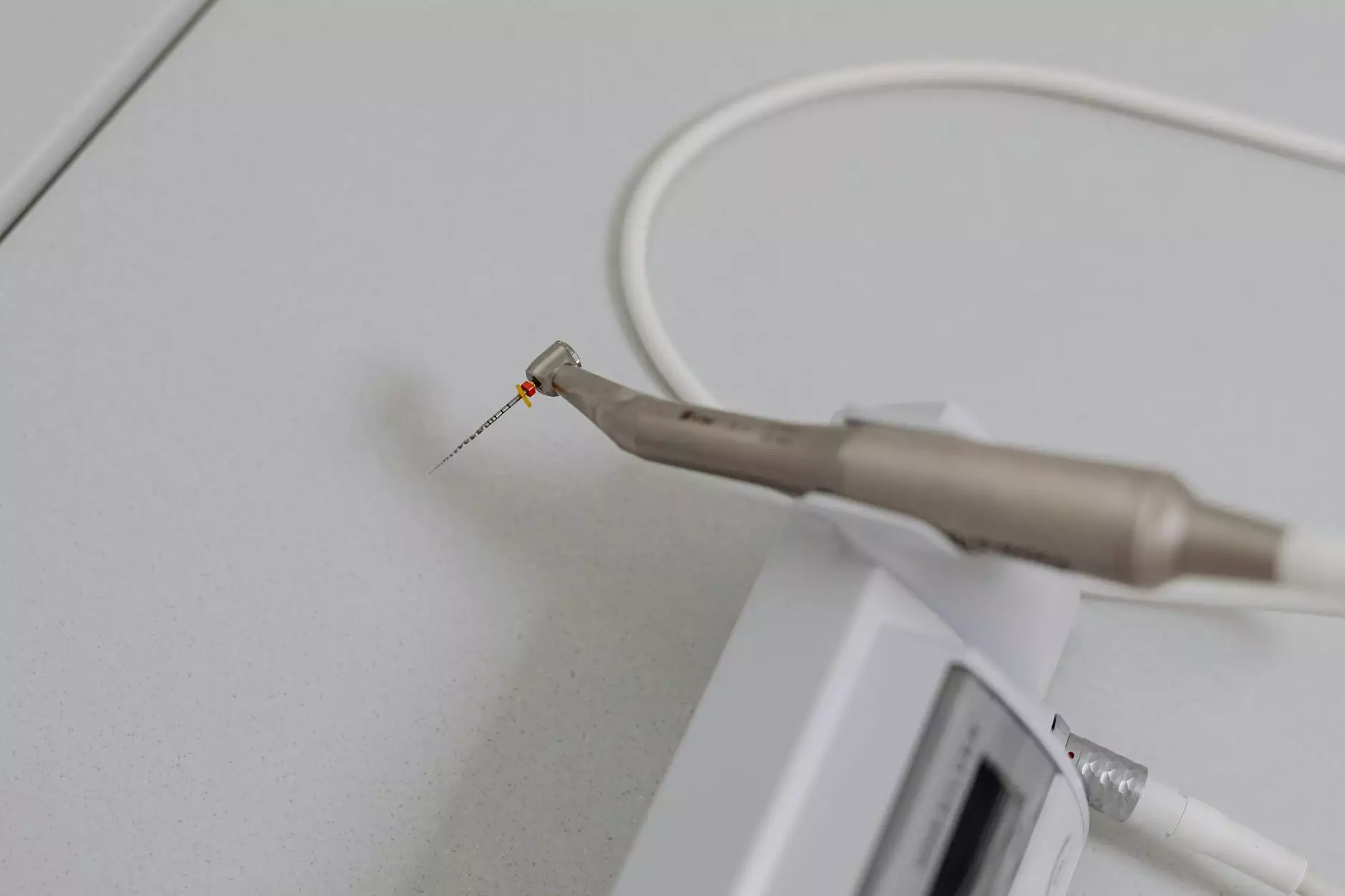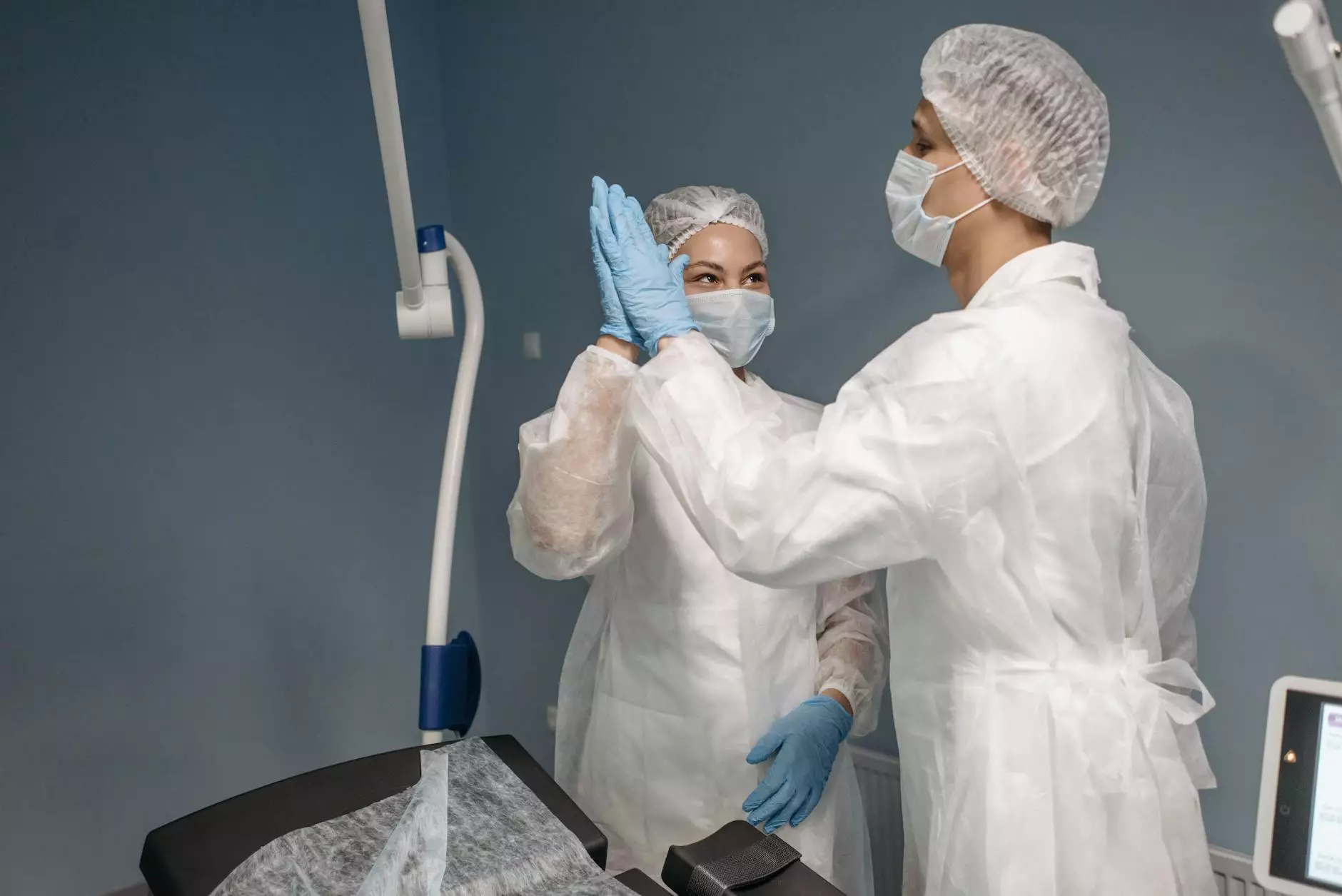The Leading CNC Lathe Part Factory: Pioneering Excellence in Metal Fabrication

Introduction to CNC Machining
CNC (Computer Numerical Control) machining is revolutionizing the manufacturing sector, particularly in metal fabrication. A CNC lathe part factory exemplifies this technological advancement by employing sophisticated machinery to produce parts with unparalleled precision and efficiency. This article delves into the intricacies of CNC machining and illustrates why partnering with a top-tier CNC lathe part factory can elevate your business operations.
Understanding the CNC Lathe
What is a CNC Lathe?
A CNC lathe is a type of machine that spins a workpiece while various cutting tools shape it. The integration of computer technology allows for enhanced control over the machining process, making it an essential asset in any CNC lathe part factory. The CNC lathe can produce cylindrical parts, intricate designs, and precise components that meet rigorous industry standards.
Types of CNC Lathes
- Standard CNC Lathe: Used for basic cylindrical work and straightforward machining tasks.
- Multi-tasking CNC Lathe: Capable of performing multiple operations, including milling and drilling.
- High-Precision CNC Lathe: Utilized for high-tolerance parts that require exceptional accuracy.
The Process of CNC Machining
Design and Prototyping
The first step in the CNC machining process involves designing the part using Computer-Aided Design (CAD) software. This allows engineers and designers to visualize the part in a 3D space before production begins. Prototyping ensures any design flaws are addressed early on, resulting in a flawless final product.
CNC Programming
Next, the design is converted into a CNC program, which instructs the machine on how to cut the material. This step is crucial as it determines the efficiency and accuracy of the machining process. Skilled programmers utilize G-code, a language understood by CNC machines, to create these instructions.
Machining
Once programmed, the CNC lathe machine begins the machining process. The workpiece is securely held, and the machine automatically executes the code, cutting and shaping the material according to the predetermined specifications. This automated approach reduces the risk of human error and enhances consistency.
Quality Control in CNC Lathe Part Factories
Quality control is paramount in a CNC lathe part factory. The precision of CNC machining enables manufacturers to create parts that meet strict tolerances. During production, various quality assurance techniques are employed, such as:
- Dimensional Inspection: Regularly measuring the dimensions of parts using advanced tools like calipers and gauges.
- Statistical Process Control (SPC): Using statistical methods to monitor and control the production process to ensure a consistent quality level.
- Material Testing: Assessing the material properties to ensure they meet the necessary standards.
Benefits of Partnering with a CNC Lathe Part Factory
Cost Efficiency
One of the most significant advantages of collaborating with a CNC lathe part factory is cost efficiency. CNC machining dramatically reduces labor costs due to its automated nature. Fewer human operators are needed, and the increased speed and precision result in less waste and rework.
Precision and Accuracy
Precision is a hallmark of CNC machining. In industries where tolerances are tight, such as aerospace and medical manufacturing, this accuracy can make all the difference. Parts produced in a CNC lathe part factory are designed to fit perfectly every time, which enhances the final assembly of products.
Scalability
Another important aspect is the scalability of production. Whether you need a small batch of custom parts or mass production of identical components, a CNC lathe part factory can adapt to your needs. This flexibility is invaluable for businesses that experience fluctuations in demand.
Applications of CNC Machined Parts
CNC machined parts are employed across a wide range of industries, showcasing the versatility of a CNC lathe part factory. Key applications include:
- Aerospace Manufacturing: Producing high-precision components that meet stringent regulations.
- Automotive Parts Production: Creating detailed parts that contribute to vehicle performance and safety.
- Medical Device Fabrication: Manufacturing precise components for life-saving devices.
- Electronics Industry: Producing intricate parts for devices ranging from mobile phones to computers.
Choosing the Right CNC Lathe Part Factory
Selecting a CNC lathe part factory is not merely about price; it involves assessing various factors that can impact your project’s success. Consider the following:
Expertise and Experience
Look for a factory with a proven track record and experiencia in your industry, ensuring they understand the specific requirements and challenges of your project.
Technology and Equipment
Evaluate the technology and machines used within the factory. Modern, well-maintained equipment enhances precision and efficiency.
Customer Service
Excellent customer service is crucial for a successful partnership. Choose a factory that communicates effectively and understands your needs.
Conclusion: The Future of CNC Lathe Part Factories
The CNC lathe part factory is at the forefront of innovation in metal fabrication, combining advanced technology with expert craftsmanship. As industries evolve, the demand for CNC machined parts will only increase, making it more critical than ever to partner with a reputable factory that can deliver quality, precision, and efficiency. By understanding the capabilities and benefits of CNC machining, businesses can take full advantage of this technology to stay competitive in an ever-changing market.
For further information on how our CNC lathe part factory can assist you with your manufacturing needs, visit deepmould.net.









